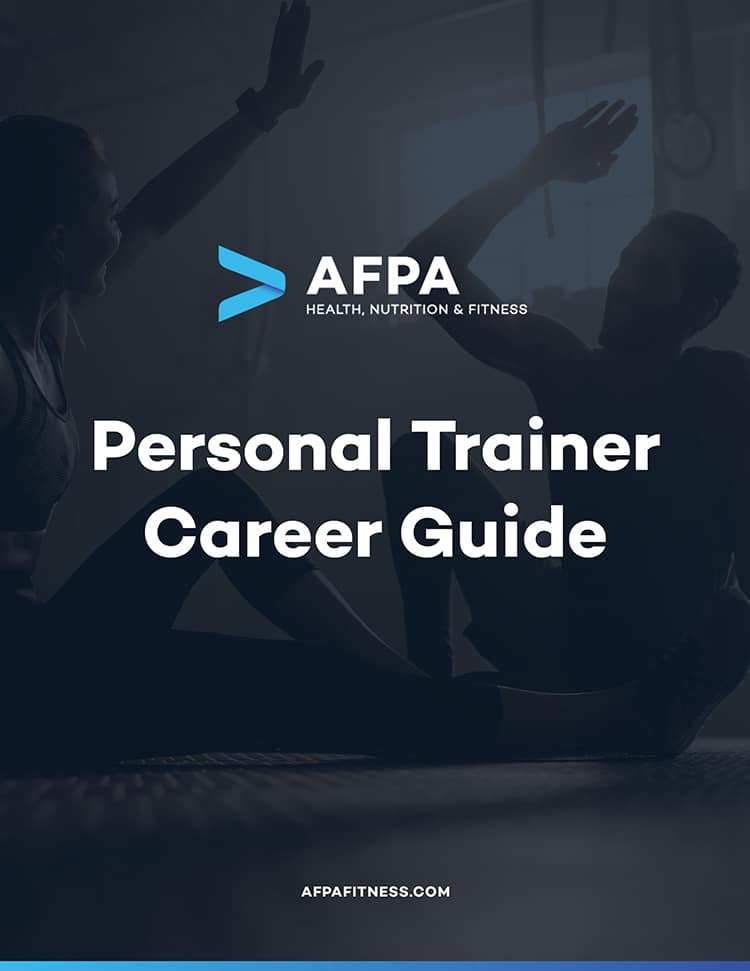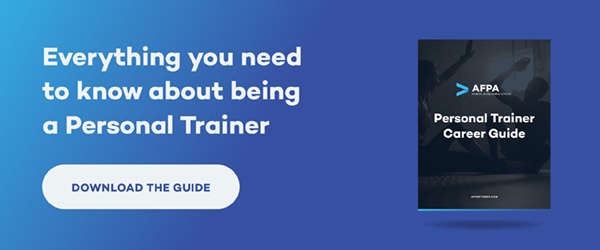As a professional, you want to provide the best service available. You’ve worked hard to develop the skills which allow you to give your clients the best advice and guidance available.
So what do you do when someone approaches you and asks for a discount?
Obviously, you can’t afford to provide your services for free. So how do you respond to a discount request in a way that shows respect for the customer but doesn’t devalue your business?
Here’s how to respond to clients asking for a discount:
Be Sure You’ve Sold Your Services the Correct Way
Believe it or not, there is a right way and a wrong way to make a sale. Just getting to “yes” isn’t enough. You need to do so in a way that is based on proving the value of what you offer right away.
Before you even tell anyone what you can do, start by discovering their needs. Find out what their goals are and where they have had trouble with fitness in the past. Then, tailor your solutions to meet those needs.
As you describe your services, tie in what you do with the needs the client has already expressed. Once you get to the price, the customer will already be convinced and the price will not be a hurdle.
If you do get an objection, emphasize your value again and point out how you’re helping them reach their goals. That should help them understand that what you offer is worth the full price.
Here are some ways you can respond when potential clients insistent on a discount anyway:
Learn How to Become a Certified Personal Trainer Online in Less Than 6 Months

Reply 1:
“Good question. Do you see price being an obstacle to your fitness?”
This reply does two things. First, it brings up that the price is not for workouts, a gym, or a program. The amount they’re paying is for their fitness and health. When you emphasize this, the client isn’t thinking, “Is this program worth it,” but instead, “Is my health and fitness worth it?”
Secondly, it gives the client a chance to tell you what their real needs and budget are. Perhaps they honestly cannot afford your primary offering. In that case, it’s important to offer them other options so that they can continue to pursue their goals — even if it’s not with you.
Reply 2:
“Why?”
This simple, open-ended question can help you determine if your potential client has a real budget problem or is asking for a discount just to see if they can get a lower price.
Sometimes people have the impression that you’re overcharging to make a larger profit, and they want a more fair price. By asking why they want a discount, you can get to the bottom of their true motivation.
In the experience of many professionals, when they ask ‘why’ the prospect often goes on to say, “Oh, I was just wondering,” and then goes on to pay the full price.
Reply 3:
“I can offer a discount if we (Insert Change to Program Here)”
Another great option if someone truly needs a discount is to offer a smaller version of your program that can help them meet their needs. There are a lot of adjustments you can make that preserve the value of your time and expertise while still giving a lower price.
For instance, offer twice a week training instead of three times. Another option is to provide a payment plan, or perhaps a lower price for a longer contract. You can offer 12 months for less than twice the 6-month program, for instance.
{{cta(‘0da87957-461d-4dae-8be0-05fa338aa1ab’,’justifycenter’)}}
Reply 4:
Offer Additional Value
Do you have an add-on, additional product, or service that doesn’t require too much from you? You can throw that into the deal to help the client see that you’re willing to offer a high level of value for the price.
If you don’t have anything additional, circle back to the earlier part of the conversation and share, again, how you’re helping them meet their goals. You don’t need to be negative or induce guilt, simply point out, “You said your fitness is really important to you this year. I want to help you meet those goals.”
Then, go on to describe how your offer helps them meet the goals they mentioned earlier. You can also ask more questions to uncover additional motivations, which you can highlight during your conversation.
Reply 5:
“I can’t offer that discount, but I can refer you to…”
Sometimes a client truly can’t afford your services. When you say no, be sure that you don’t stop there. You need to refer them to another option that can help them move forward.
You might suggest some free resources, a different program you’re aware of that it’s in their price range, or another helpful suggestion. Be sure you follow up with a statement like, “When you are able to take advantage of our program, I’d love to help you.”
You can decide if you want to follow up with them or let them reach out to you. If it sounds like someone who could genuinely become a great client, be sure to contact them in a few months. Sometimes, though, it’s best to let them go.
Don’t Give Up If They Can’t Buy Today
You might think that you should always offer discounts because, after all, you want a new client. But the truth is, you do want a client, but not at the expense of your business and value.
Instead, follow up with clients who haven’t been able to afford you. You never know when their situation will change. By staying consistent, you can ensure you’ll be their first call when they are able to afford your fitness help.
This will also help you avoid offending current clients. After all, they paid full price. Why should someone else get the same thing for less money?
It’s vital to focus on the value you provide and never offer a discount without a change in the terms. You’ll be happier and your business will be more successful.




